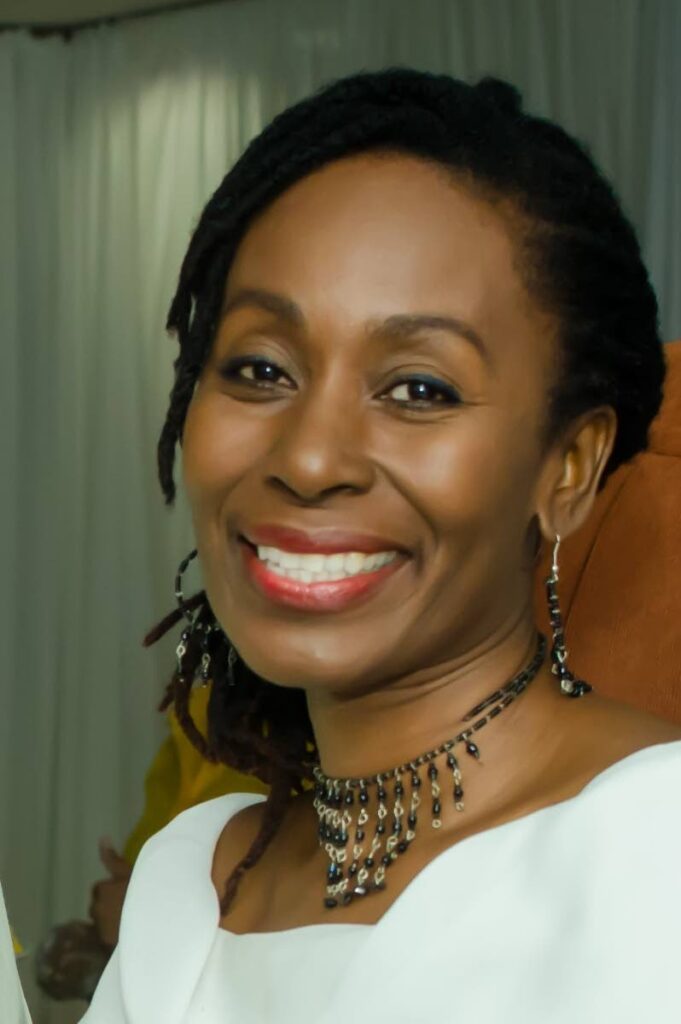Is it too late for the human species?

Oh Mother Earth
From you come
All material things
To you all things material
Go return
Is it too late?
To save the earth
We gotta save the earth
Brother Resistance, Mother Earth
Brother Resistance on my mind today. Forty years ago, in 1984, he released Mother Earth, a rapso tribute to our planet. The song was also an attempt to raise consciousness and respect for the place we call home.
Still, just as images of people in TT standing on turtles begin to fade, we are by the gleeful expression of someone sitting on a shark, pulling open its mouth, proudly posing for the camera. Will the story of a shark attacking a tourist do more than spark a human feeding frenzy for revenge? Or will we examine how our own actions led to this tragedy?
The song by Brother Resistance is an important part of the conversation about what a new anti-colonial movement in TT and the Caribbean could look like, specifically as it relates to climate change.
Colonialism and other oppressive systems, such as indentureship and enslavement, extracted wealth to enrich the conquering nation. Institutions and procedures were created to enable this. Little or no attention would have been paid to fostering local cultural forms or language.
What could be the role of the creative community in reversing this damage and in advancing an anticolonial agenda as it relates to climate change?
The way we craft our education is crucial to any conversation about sustainable development, young people and the environment. School curricula must have a stronger focus on culture, history, critical thinking and creativity, as well as civics, defined as the study of the rights and obligations of citizens.
Around the world, there are climate activists like Leah Namugerwa of Uganda who planted 200 trees when she turned 15. Leah now spearheads a Birthday Trees project and lobbies against the use of plastic bags in her country.
Given the relative quiet amongst Caribbean youth towards climate activism, we need to assess whether we have (mis)educated the spirit of innovation and resistance out of the consciousness of our young people.
Changing the agenda will also require us to revisit how to balance the human need for infrastructure with respect for the environment. In another upsetting story, public authorities pass blame back and forth, while the rest of us try to understand how hundreds of turtle eggs were destroyed to facilitate a development project.
Over the decades, climate activism has become more violent, more confrontational. From throwing paint on priceless paintings, to sit down protests, marches and people gluing themselves to roads, there is a growing sense that if the people in authority continue to disappoint, then environmental activists will disrupt and destroy until they listen.
We in this region may not resort to violence, but it is essential that creatives across the Caribbean speak with one voice. Much more noise is required if we are to truly influence leaders to take the action that will halt and perhaps even reverse the impacts of environmental decline.
Individual exhibitions, dance performances or ole mas’ portrayals will resonate in the moment, but that effect is only temporary. We need creative voices to be lifted collectively and consistently, pressuring for change in education and policy, presenting to parliaments and the UN General Assembly, speaking in Woodford Square or on TED talks and yes, through public demonstrations.
Indeed, if it does not already exist, it is time to establish an International Day for Arts and Culture against Climate Change to offer a global forum for creative activism.
In a powerful poem, St Lucian poet Kendel Hippolyte writes about his frustration over the limited progress towards environmental action and climate justice.
“Because you do not heed the voices of Imagination/neither the tongues of trees nor the voices of poets/earth will erupt in a conspiracy of poetry and nature/Fire will shrivel the pre-fabricated palaces/swelling like boils on our inflamed land/Wind will shatter the thin cocktail glass illusions of our progress/into glittering dust/... But the poet’s words will last.”
Forty years ago, Brother Resistance asked if it was too late to save mother earth. Perhaps the question should now be, is it too late to save humans?
Ancient wisdom tells us that whatever happens to the earth affects her children. We continue to push our environment to the edge of patience, but even mothers have their limits.
Dara E Healy is a performance artist and founder of the Indigenous Creative Arts Network – ICAN.


Comments
"Is it too late for the human species?"